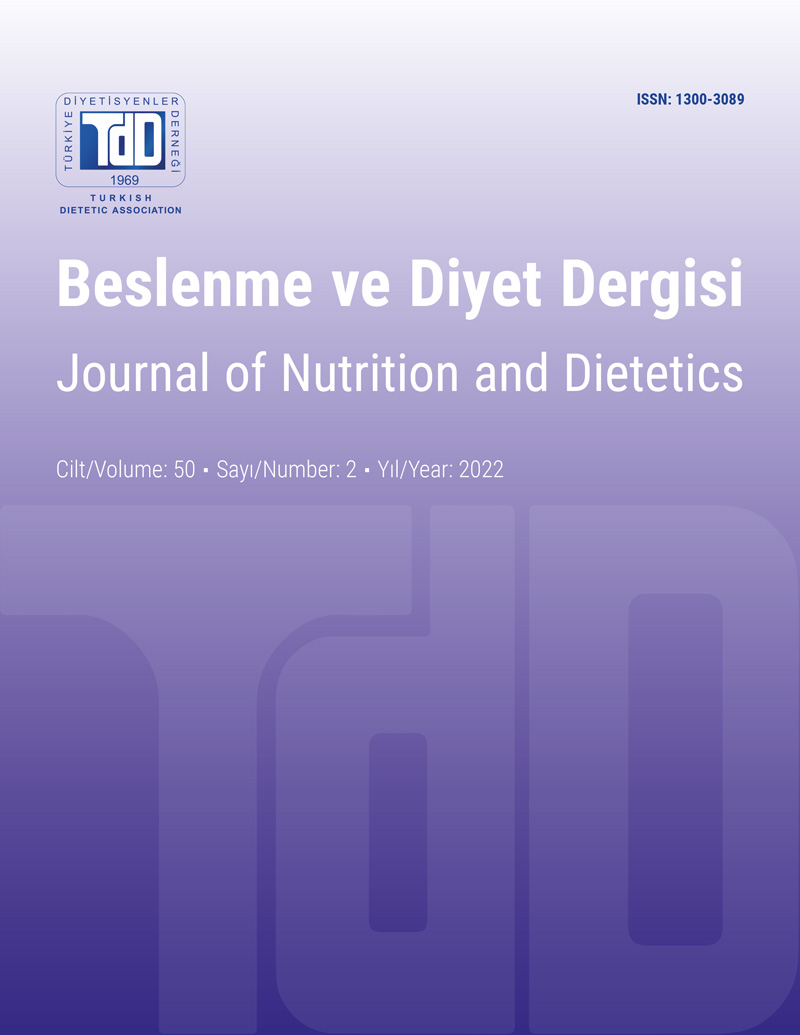Evaluation of the Relationship Between Depression, Emotional Appetite, and Mindful Eating in University Students
DOI:
https://doi.org/10.33076/2022.BDD.1643Keywords:
Depression, emotional appetite, mindful eatingAbstract
Aim: The aim of this study was to evaluate the relationship between depression, emotional appetite, and mindful eating in university students.
Subjects and Method: The study sample consists of 940 university students (348 males, 592 females). The “Beck Depression Inventory (BDI)” was used to determine the level of depression, the “Emotional Appetite Questionnaire (EMAQ)” to evaluate the relationship between eating behavior and mood, and the “Mindful Eating Questionnaire (MEQ)” to assess mindful eating. Some anthropometric measurements (body weight, height, waist, and hip circumferences) of the individuals were taken.
Results: The mean BDI score of males was higher than females. Out of total, 25% of the students have mild, 17% moderate, and 4% severe depression. There was a significant negative correlation between depression and body mass index (BMI) (r: -0.124). As the BDI score increases, the EMAQ scores increase. A significant positive correlation was found between a negative score of EMAQ and BMI (r: 0.120). It was determined that the MEQ score decreased as the level of depression increased. The MEQ score was negatively correlated with both the EMAQ negative and positive scores to a significant degree (respectively, -0.258, -0.195). As the MEQ score increases, the BMI decreases.
Conclusion: University students are at risk for depression. Negative mood can cause obesity by affecting the amount of food consumed, diet quality, and food choices because of emotional appetite. Mindful eating can prevent obesity by having a positive effect on both depression and emotional appetite. Nutritional knowledge and habits of depressed individuals should be evaluated by dietitians.

